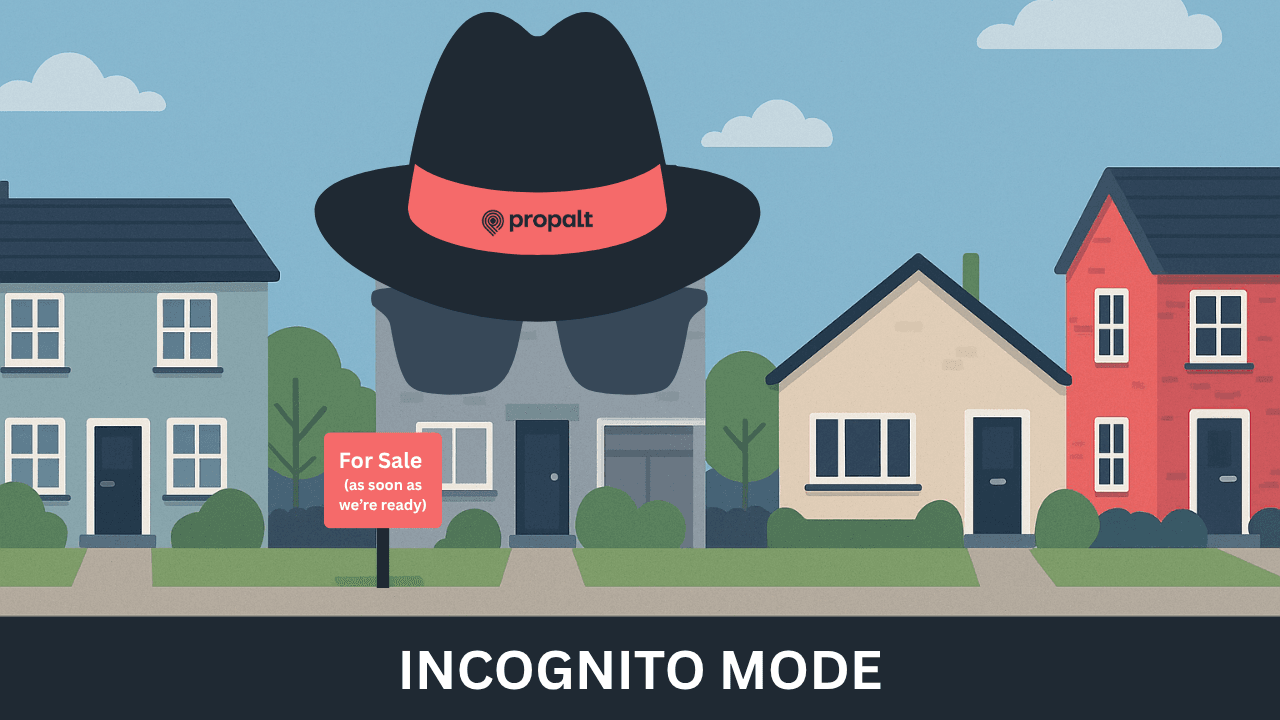

Latest Insights from the UK's Private Rented Sector.
In the most recent quarter, the UK's private rented sector (PRS) exhibited signs of recovery and stability, as revealed in the latest PRS Trends report by Paragon Bank, and this period marked a significant turnaround in landlord confidence, previously affected by economic instability.
Based on in-depth interviews with nearly 800 landlords, the report offers a detailed view of the sector's current state, highlighting key metrics such as tenant demand, rent arrears, yields, and profitability.
Tenant Demand at an All-Time High
A striking feature of the quarterly report is the record-high tenant demand, with 71% of landlords reporting an increase from 67% in the previous quarter. This surge indicates a growing need for private rental housing, reflecting broader demographic and economic trends. The rise in demand is a positive sign for landlords, suggesting a robust rental market and potential for growth in rental income.
Reduction in Rent Arrears
The report notes a welcome decrease in rent arrears, with the proportion of landlords reporting tenants falling into arrears dropping from 35% in Q2 to 33% in Q3. This reduction indicates an improved economic situation for tenants and a healthier financial environment in the rental sector. It also points to the effectiveness of support measures and interventions aimed at helping tenants meet their rental obligations.
Decrease in Average Arrears per Tenant
Further good news comes from the decrease in the average number of tenant arrears per landlord, which fell from 1.7 in the last quarter to 1.3 in Q3. Also, the amount owed by each tenant in arrears decreased from approximately £2,200 in Q2 to around £1,900 in Q3. These figures suggest that tenants are better managing their financial commitments, which is crucial for the stability of the PRS.
Stabilisation of Yields
Landlord yields, a critical measure of investment return in the PRS, showed signs of stabilisation, increasing from 5.2% in Q2 to 5.3% in Q3. This slight increase is a positive sign for landlords, indicating a stable income stream from rental properties. It also reflects the balance between the sector's rental income and property values.
Improvement in Landlord Profitability
A key highlight of the report is the improvement in landlord profitability. In the recent quarter, 80% of landlords reported making a profit from their lettings activity, a 3-percentage point increase since the previous quarter. This improvement is significant, considering the economic challenges of the past years, and underscores the resilience of the PRS.
Paragon Bank's Managing Director of Mortgages, Richard Rowntree, commented on the report's positive findings. He emphasised the importance of landlord confidence in investing in privately rented homes to meet the high tenant demand. Rowntree's insights reflect the interconnectedness of landlord investment decisions and the overall health of the PRS.
Challenges in the Fiscal and Regulatory Landscape
Despite the positive outlook, the report acknowledges ongoing challenges in the fiscal and regulatory landscape facing landlords. These challenges include changes in tax policies, regulatory requirements, and broader economic uncertainties. Addressing these challenges is crucial for the sustained growth and stability of the sector.
The article also highlights Paragon Bank's efforts to support landlords, including examining issues like the rental sector energy challenge. These initiatives aim to provide landlords with the necessary tools and information to navigate the evolving landscape of the PRS.
The PRS Trends: The latest report from Paragon Bank paints a picture of a sector on the path to recovery. With increasing tenant demand, reduced rent arrears, stabilised yields, and improved landlord profitability, the UK's private rented sector shows signs of resilience and stability. However, the sector continues to face challenges that require attention and support from both the industry and policymakers.
You might also like

The four easy steps to finding New Landlords with Propalt
Finding new landlords is a crucial aspect of growing a successful letting agency, but it can often feel like a daunting task. With Propalt, you have access to powerful tools and strategies designed to make this process more effective and efficient.

Win the instruction - even when they’re not ready to sell
Dormant Marketing Strategy ...If you’re attending a valuation with one of these sellers, there’s a risk: you leave without an instruction, only a vague promise of “we’ll be in touch once we’ve found something.” Even if they’re sincere, you’re now in a follow-up loop. And meanwhile, another agent could win their trust, find their next home, and take the listing.

Smart Letter-Dropping: A Guide to On-Market Canvassing for Estate and Letting Agents
During the summer, some listings stall. Some agents go on holiday. And some vendors get fed up. That’s where you come in. Here are six practical tips for improving your on-market canvassing strategy.
